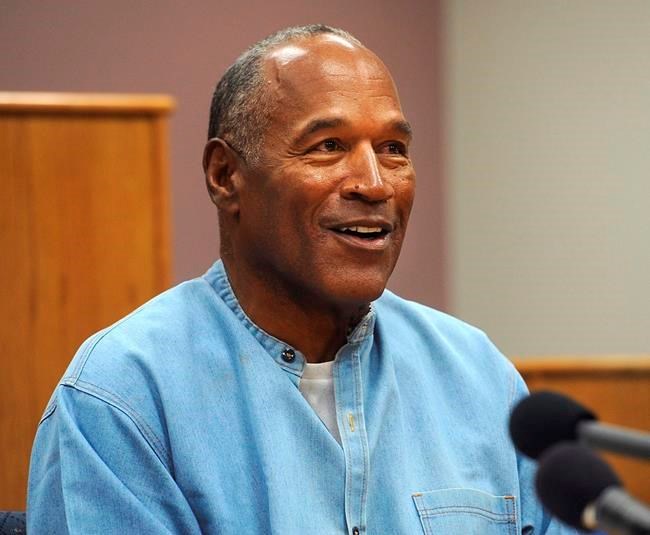The United States isn't as invested in O.J. Simpson's fate as it was two decades ago, when his Los Angeles murder trial divided blacks and whites.
Simpson fought for his freedom again Thursday in a Nevada courtroom, where he was granted parole in a robbery case for which he had been sentenced to 9 to 33 years in prison.
Media and public interest was high, with Simpson trending on Twitter and every major network carrying the parole hearing live. But Columbia University journalism professor Jelani Cobb says the stakes for Simpson and society were much lower than they were in 1995, when he was "associated with the ancient taboo of a black man accused of doing violence to a white woman."
Since Simpson's acquittal, the country has elected a black president and Latinos have become its largest minority group.
___
This story has been corrected to show the minimum sentence was 9 years, not 9 1/2 years.
Errin Haines Whack And Russell Contreras, The Associated Press

